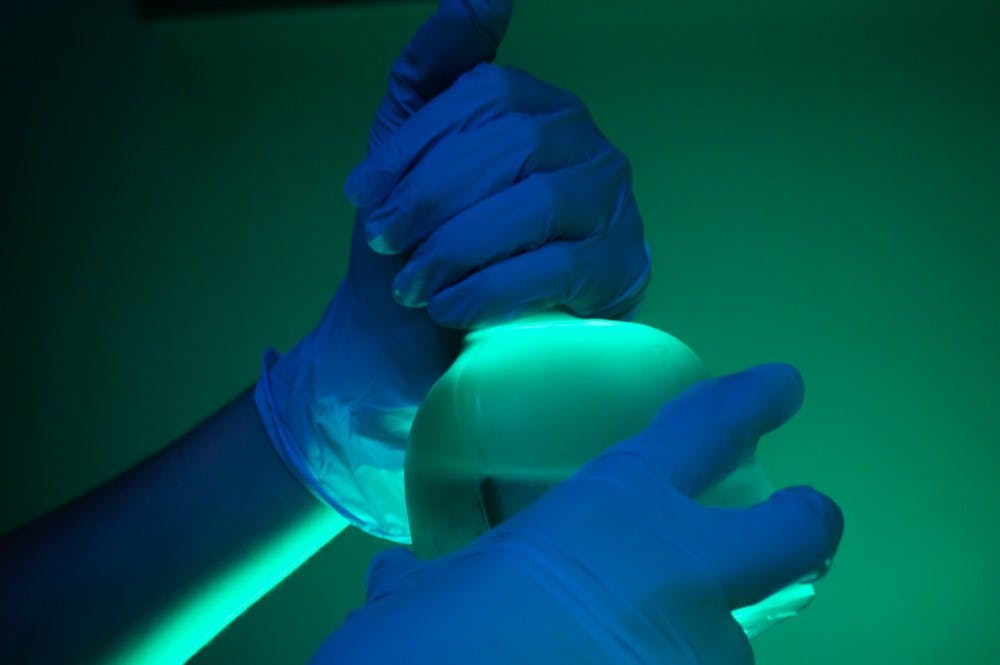Gene editing has long been a hot topic in genomics and the scientific community, particularly since the discovery of the CRISPR tool in 2012. With an endless number of biomedical and biological applications, the tool has a bright future in shaping what molecular research may look like throughout the next decade.
However, with the tool comes a plethora of concerns being raised over how far the technology could go.
Can we expect to have the ability to choose our child’s eye color in the next couple of years? Could we even be able to delete an extra copy of a chromosome, which usually leads to Down syndrome, during a pregnancy?
It’s hard to predict how CRISPR will be used clinically in the upcoming years, but here’s what we know about the tool and the ethical questions being raised about its uses:
What is CRISPR?
CRISPR-Cas9 is a gene-editing tool developed by Jennifer Doudna and Emmanuelle Charpentier at the University of California, Berkeley.
The tool utilizes Cas9 enzymes, which work like scissors to cut identified parts of the DNA. This allows researchers to alter DNA sequences and modify the functions of genes. It can be used to correct genetic defects, treat and prevent the spread of disease and improve the yield of crops.
For example, CRISPR has been used to edit human cells in an experimental setting and create gene drives (increase the probability of a genetic trait passing from a parent to a child). This can be used to combat diseases like malaria, where a certain trait can make an individual immune to the condition, or treat genetic conditions before they arise.
In fact, multiple laboratories at UNC-Chapel Hill utilize the technology in their daily work — after all, being able to isolate DNA makes it easy to study genetic diseases.



